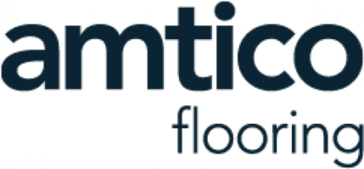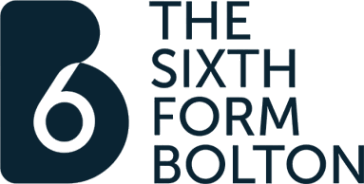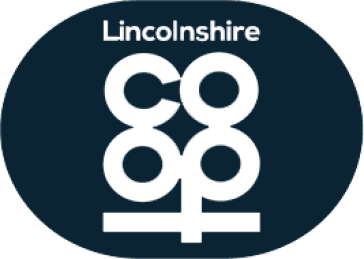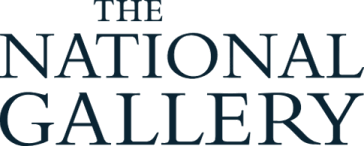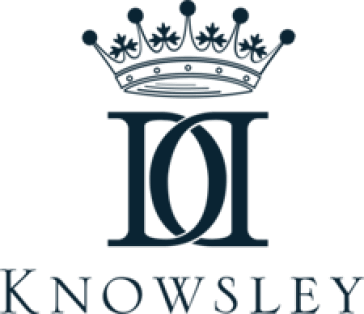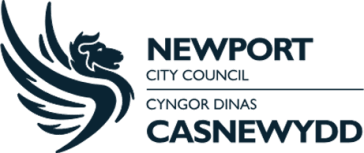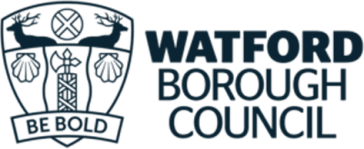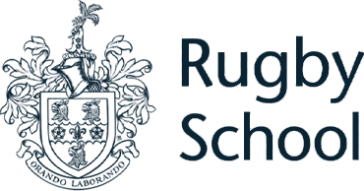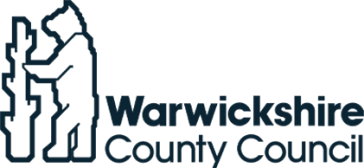5 May 2021
Shifting to exponential HR
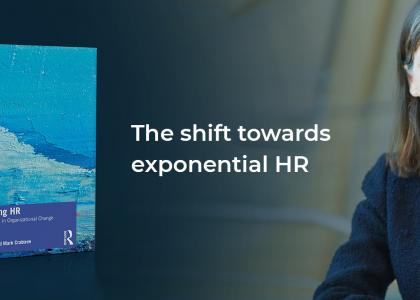
In the fourth and final blog of the series of HR’s role in organisational change, Professor Julie Hodges looks at the shift to exponential HR.
The current vision of HR, where specialisation in a particular area such as employee benefits is critical, must become a thing of the past. Moving forward, HR Professionals will need to be able to work horizontally across functions. This includes engaging with the organisation, with employees and other multiple stakeholders. HR will need to embody and demonstrate this flexibility. Furthermore, HR Professionals will need to be deliberate about the way they shape the culture of HR, becoming more stakeholder-focused and with a stronger emphasis on consultancy and change management.
As work changes, so will the foundation upon which HR is based, so that in the new world of work, the basis for HR will be one of focus and influence. HR will need to extend its scope of influence beyond the traditional lines of the function to the organisation and ecosystem as a whole and broaden its focus from employees to the organisation and its’ stakeholders. This shift can be termed exponential HR. It will require some significant changes to maximize its impact, including:
- Thinking about stakeholders differently. Rather than considering stakeholders from an internal perspective only, they should also be considered from an external perspective. Applying a stakeholder lens will drive a critical shift in HR thinking and this shift is the foundation on which other transformational priorities can be built
- Developing new capabilities. HR will need to adopt a new mindset and embrace new skills and behaviours that will allow the organisation to thrive in the digital age
- Increasing the efficiency through which HR transactional activities occur using automation. HR will have to widely deploy advanced technology in order to promote productivity and value and to simplify the employee experience. In addition HR will have to capture data that will facilitate the development of more data-driven decision-making
- Expanding the expectations and stature of HR. HR must elevate their focus through driving tangible, measurable value across the organisation.
To increase their influence HR will need to:
- Bring insights (including those from stakeholders) from outside and inside the organisation to promote innovation, experimentation and learning, and also to inform decisions and solutions. This comes with the need to have a better appetite for risk and a willingness to help people learn from mistakes and failures
- Understand the organisation’s priorities, competition and capability and help shape change by accessing, curating and engaging with multiple stakeholders
- Build cutting-edge, holistic and organisation-relevant HR practices that are stakeholder-centred, agile and which focus on enabling the organisation to succeed
- Provide a unified engagement platform which integrates administration, automation and analytics. Transactional operations will always be important, and it is critical that they are done well, but they need to be provided by technology and implemented by managers.
This is the final blog in a series of four on the role of HR in organisational change, which is the subject of Professor Hodges’ new book: Reshaping HR: the role of HR in Organizational Change. To celebrate, we’re giving away five copies of Professor Hodges’ book. To be in with a chance of winning, just share this blog across your social channels, tagging @Mhr into your post.









